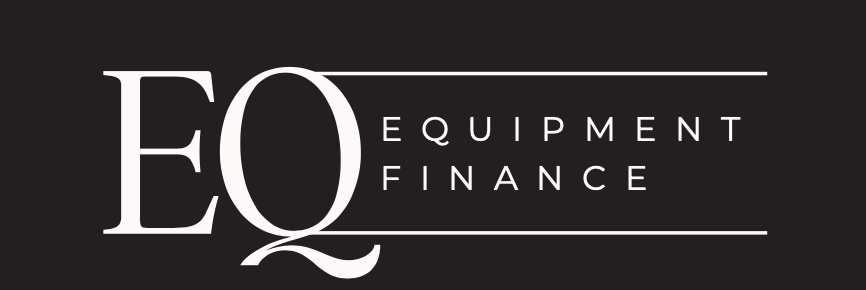Resources
Asset Finance vs. Traditional Bank Loans: Which is Better?
When it comes to financing your business, a variety of options are available. Two popular choices are asset finance and traditional bank loans. But how do they differ, and which is better for your business? In this guide, we'll explore the pros and cons of each option...
How Construction Equipment Finance Can Help You Win Tenders
As a construction business owner, you know that having the right equipment is essential to winning tenders and completing projects efficiently. However, purchasing or leasing equipment can be a significant financial burden. That's where construction equipment finance...
The Benefits of Farming Asset Finance for Farmers and Agribusinesses
Farming asset finance is a type of financing that can help farmers and agribusinesses acquire the equipment and assets they need to succeed in agriculture. Whether you need a new tractor, irrigation system, or other farming equipment, this financing option can provide...
What Business Owners Should Know About Asset Based Finance
It can be difficult for business owners to stay on top of their finances, especially when it comes to large investments like financing an asset. To help you out with this challenge, this blog post is full of essential asset finance tips every business owner should...
5 Benefits of Asset Finance
Asset finance provides businesses with many advantages and opportunities, such as raising capital quickly and efficiently, improving cash flow management, and gaining access to high-end equipment. Learn more about how asset finance can help your business succeed!...
Solar Finance Options For Businesses
As businesses around the world look to lower energy costs and move to renewable energy sources, many are turning to solar finance as a viable option. But where do you find solar financing? We've rounded up some of the best sources of financing for commercial solar...
5 Reasons To Consider Asset Rental Finance For Your Business
Asset rental finance is a great way to take advantage of the benefits of owning equipment without tying up capital. Find out the different ways asset rental financing can help your business save money, time and reduce maintenance costs while staying competitive in...
Medical Equipment All GP’s Need
So you are finally opening your own general practice or perhaps your practice has been around for a while and your equipment is due for an upgrade. Whatever your scenario may be, the bottom line is that medical equipment is expensive. Whether you're an established...
What is asset finance?
So you need to purchase new equipment for your business but when you receive the quotes, you don’t have enough budget to cover the costs of acquiring brand new equipment. Sound like a familiar scenario? South African businesses have been through extremely tough times...
Frequently Asked Questions
What is an example of asset finance?
An example of asset finance is when a business leases a machine, such as a milling machine, from an asset finance company. This loan is “secured” against the purchased or leased asset and if the business fails to make repayments, the lender can repossess the asset. Asset finance is a great way for businesses to acquire the necessary machinery without investing large amounts of capital upfront.
What are the different types of asset finance?
Asset finance can come in many forms, such as leasing, hire purchase agreements, or loan agreements. Leasing is when a business rents the asset for an agreed period of time and then returns it to the lender. A hire purchase agreement gives the business more ownership of the asset after they make payments on it over a set period of time. Finally, a loan agreement provides funds upfront to buy an asset and then requires regular repayments until the loan is repaid.
At Equipment Finance, we offer asset leasing finance only.
What is asset finance and leasing?
Asset financing and leasing is a type of business finance that allows business owners to purchase or lease assets such as machinery, vehicles or other equipment. Instead of paying the full upfront for such assets, you can spread the cost over an agreed period of time with fixed payments. The key feature of asset finance is that the asset being financed is used as collateral for the loan, which means that if you default on the loan, the lender can seize the asset.
What is the difference between loan and asset finance?
A loan is a lump sum of money that you borrow, while asset finance involves the use of an asset or equipment as collateral for the loan. With asset finance, the lender has the right to seize the asset if payments are not made on time. Loans also tend to have higher interest rates than asset finance because they do not rely on any form of physical collateral. Asset finance is usually more affordable and suitable for businesses that need large pieces of equipment but don’t have the upfront cash to purchase it.
